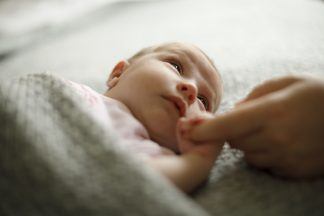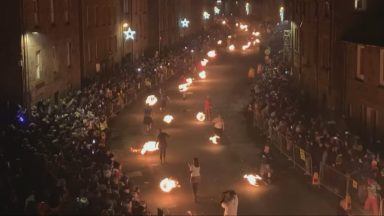Campaigners are challenging a judge’s decision on the definition of “woman” in law at Scotland’s supreme court.
Judge Lady Haldane ruled that the definition of sex was “not limited to biological or birth sex” in 2022.
But For Women Scotland is returning to the Court of Session to argue that “woman” under the Equality Act 2010 refers only to biological females.
It comes as Lady Haldane considers evidence from the Scottish and UK governments over controversial gender reform laws blocked by Westminster.
The UK Government blocked the passage of the Gender Recognition Reform (Scotland) Bill, which was passed by MSPs in December 2022.
Scotland secretary Alister Jack used Section 35 powers to prevent the bill gaining royal assent, the first time such action had been taken since devolution.
The Scottish Government is seeking to overturn the decision with a legal challenge at the Court of Session.
The case being heard by the court on Wednesday centres around legislation called the Gender Representation on Public Boards Act.
The Act, passed by MSPs in 2018, is designed to increase the number of women who sit on public boards in Scotland.
Lady Haldane’s ruling stated that “sex” provisions in the Equality Act 2010 could mean that men who have changed their gender to women – and who have a gender recognition certificate – could be regarded as being the same as women who were born female.
This means that trans women could sit on public boards and fulfil the legislation’s requirement for public boards to be 50% female in their make up.
Follow STV News on WhatsApp
Scan the QR code on your mobile device for all the latest news from around the country




























